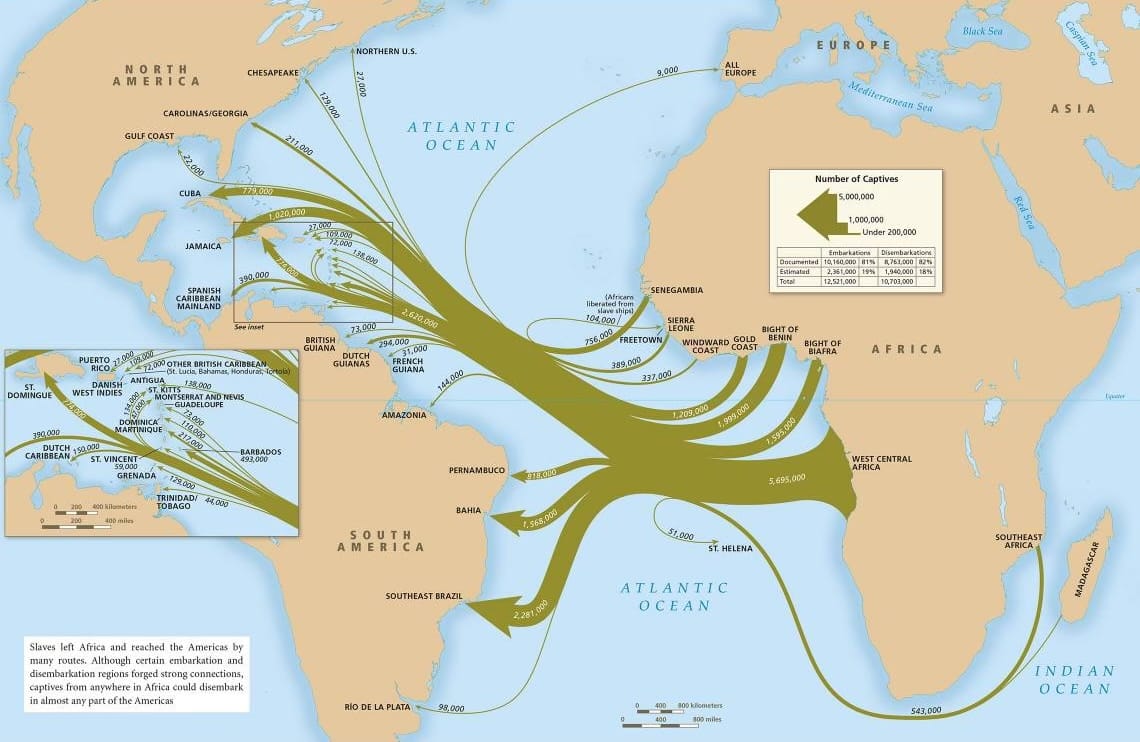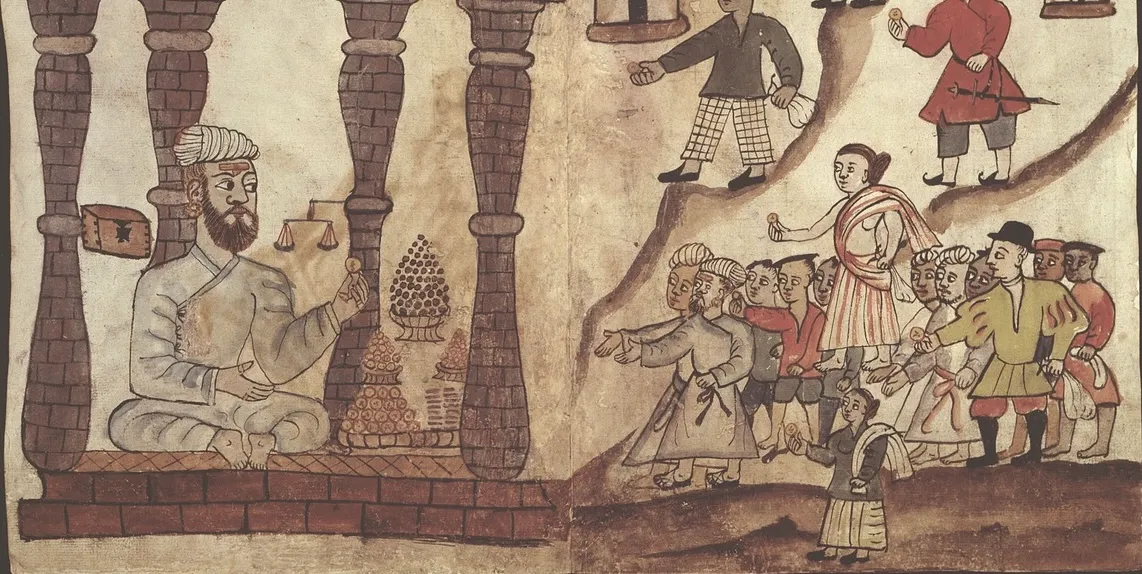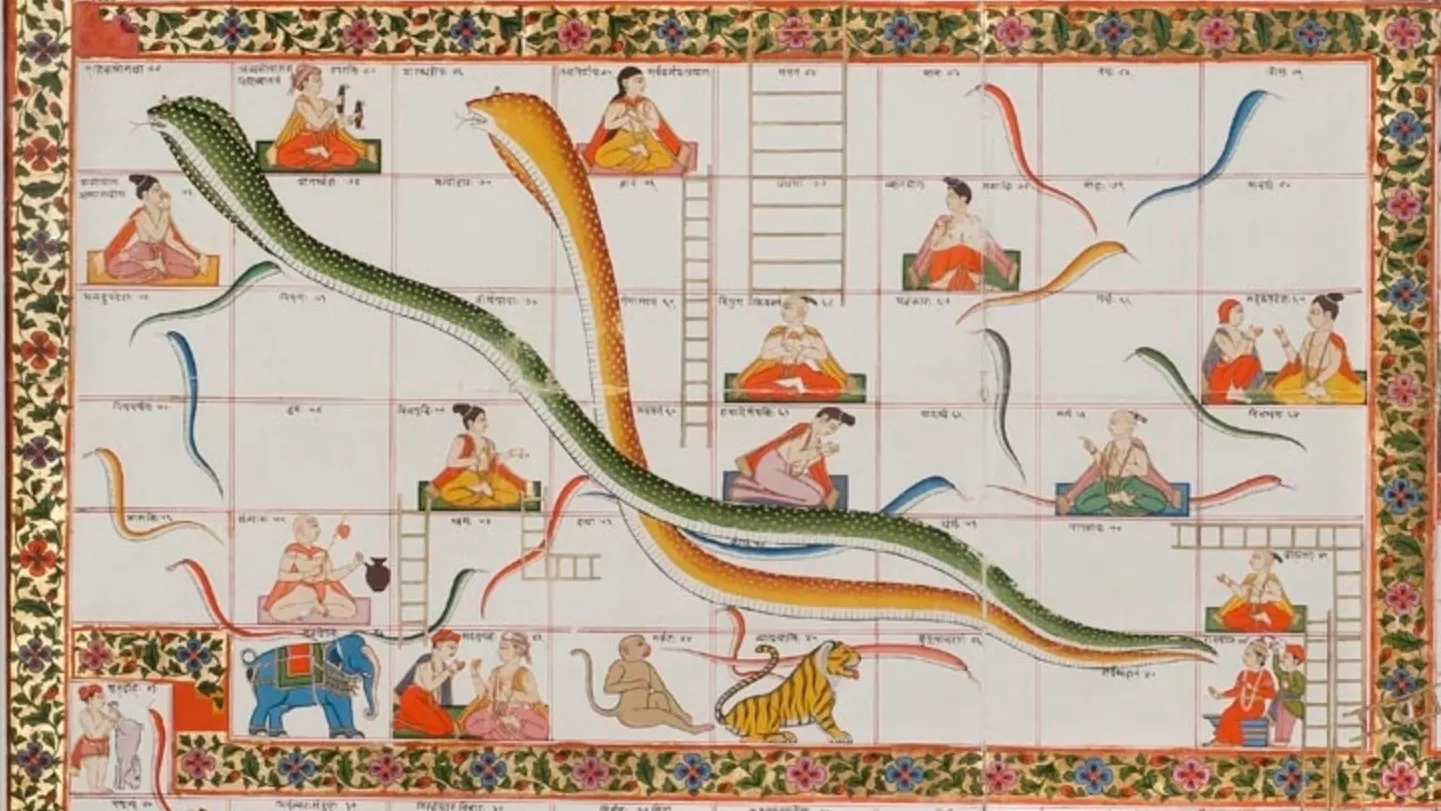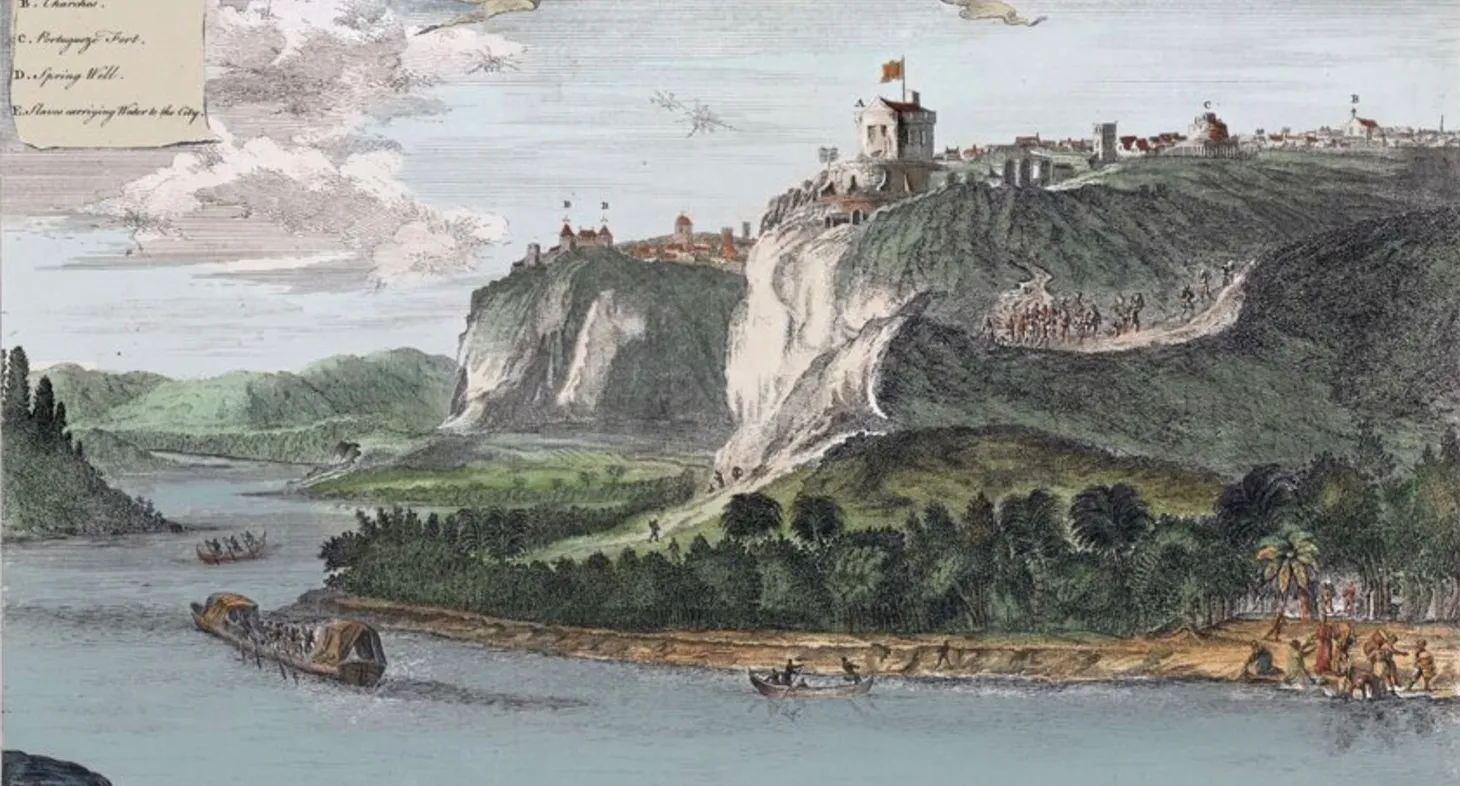“The Horrors of the Cruel System of Slavery”: Revisiting the Transatlantic Slave System
Discussion of teaching Brazil and the transatlantic slave system
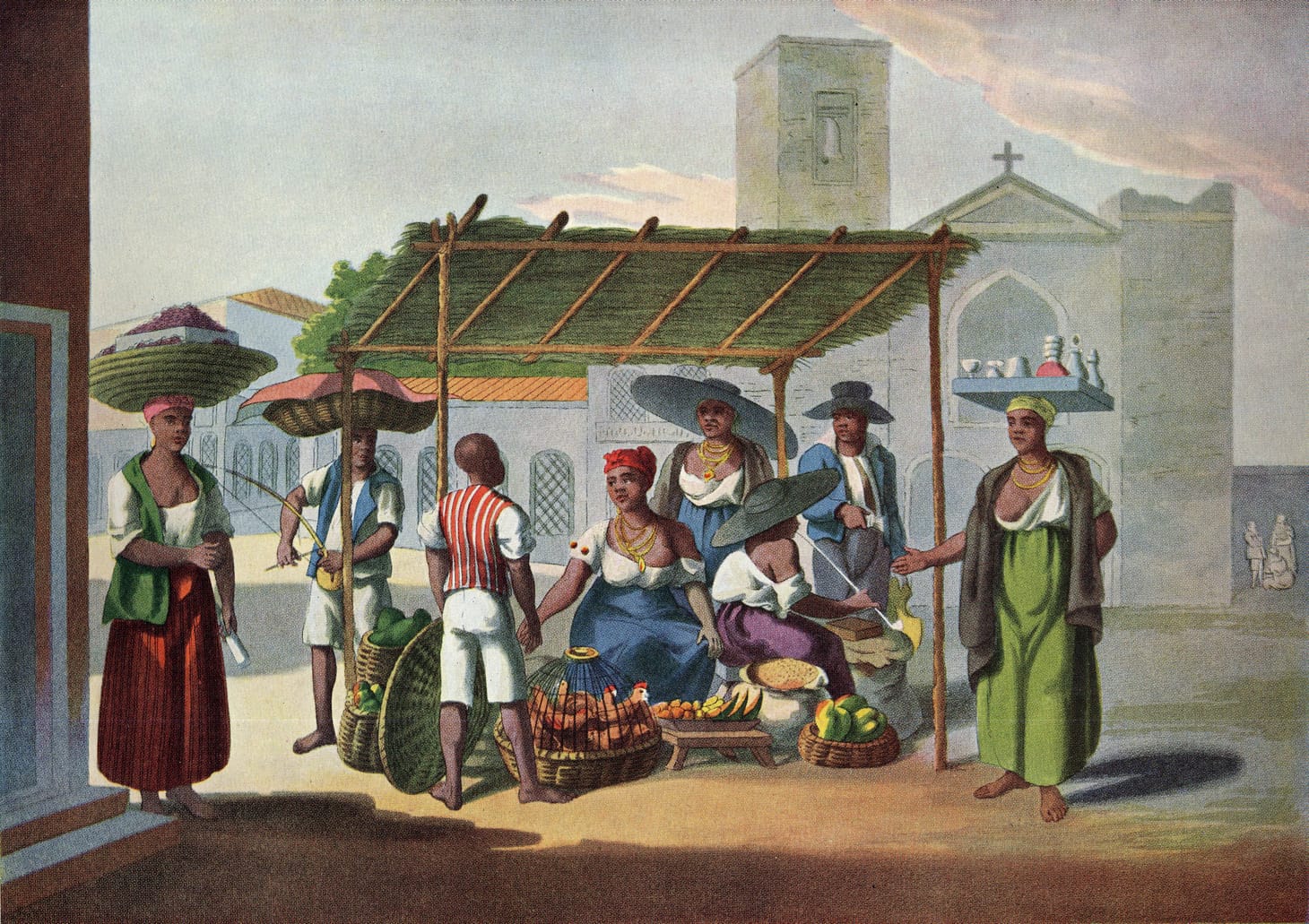
In 1999, I left my PhD program at UCLA and moved across the country to New York City. Less than three months after leaving the seminar room, I found myself in front of a high school classroom in Jackson Heights in Queens, New York City. I wanted to introduce new ways of understanding the past to my students. My one colleague in the History Department was an older White male teacher who had spent his entire career at the school. During my first year, I showed him the recently published The New World History: A Teacher's Companion. He was set in his ways and not interested in revising the curriculum or rethinking what and how he taught. He greeted my suggestion of moving from a “West and the Rest” model to World History with a mix of disdain and laughter.
I lasted two years at that school before I was fortunate enough to begin teaching at Friends Seminary. I still remember my first interview with Raoul Meyer, who later became my department chair and friend. He asked me to imagine any history class I wanted to teach and how I would do it. I spent the next twenty-one years at Friends, regularly imagining what I wanted to teach and how to rethink what I was already doing. I also still love my conversations with Raoul about teaching history, even if they occur less frequently now.
I’ve tried to maintain that sense of curiosity and willingness to rethink what I’m doing with Liberating Narratives. World History is not a set curriculum. It’s a box of possibilities with opportunities to help students reimagine the world in less Eurocentric and more inclusive and global ways. As I approach three years of writing Liberating Narratives weekly, I want to pause and look back at what I’ve written before. I did this before, but this time I plan to focus on slavery and the transatlantic slave system. My first set of posts was on that topic. I’ve also written about the Haitian Revolution, and short posts on slavery. Over the past three years, numerous excellent books have been published that are relevant to how we teach the transatlantic slave system. I want to begin by considering the centrality of Brazil.
(Re)Visualizing the Transatlantic Slave System
